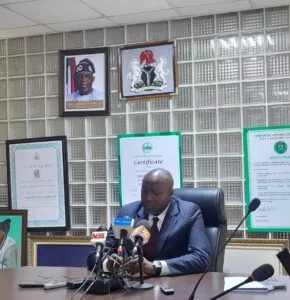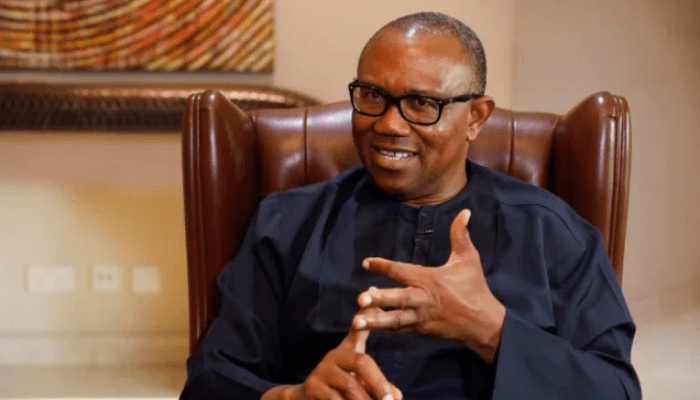A special court in Pakistan formally charged former Prime Minister Imran Khan and his then-foreign minister on Monday with breaching state secrecy laws. The charges stem from their alleged conspiracy to reveal what Khan characterized as US interference in orchestrating his removal by political opponents last year.
Special Court Judge Abual Hasnat Zulqarnain lodged indictments against Khan and Shah Mahmood Qureshi concerning the so-called ‘cipher case.’ The allegations revolve around their purported unlawful retention and public disclosure of a classified document, which Khan’s side is said to have had the necessary cipher to decode.
Pakistani media reports suggest that additional individuals, including Khan’s aide Muhammad Azam Khan and former Federal Minister Asad Umar, may also face charges in the ongoing investigation.
The document in question is a diplomatic cable sent by then-Pakistani Ambassador to the US Asad Majeed Khan after his March 2022 meeting with two senior US Department of State officials, including Assistant Secretary of State for the Bureau of South and Central Asian Affairs Donald Lu.
Various media sources, including The Intercept, reported that Lu criticized Imran Khan for adopting an “aggressively neutral position” on the Ukraine conflict that erupted in late February of the same year. Unlike the United States and its European allies, the Pakistani prime minister refrained from siding with Kiev.
Instead, he conducted a scheduled visit to Moscow and declared during a rally that Pakistanis were not “slaves” to Washington, defying Western criticisms.
The US official reportedly discussed the no-confidence vote against Khan, which he was facing in parliament at the time. If it were to succeed, “all will be forgiven in Washington,” Lu was quoted as telling the ambassador, while if Khan stayed in power, Islamabad would supposedly face “isolation.”
The US government denied that anything said by Lu during the meeting amounted to taking a position on who should be in power in Pakistan.
Khan was ousted about a month after the meeting and has since been charged with a number of crimes, including some related to terrorism and corruption. He has claimed that his political opponents seek to bar him from the upcoming parliamentary elections with Washington’s blessing. Notably, after Khan’s downfall, US-Pakistani relations experienced a period of thawing.
Islamabad received an unexpected windfall this July when the International Monetary Fund extended a $3 billion bailout. The Intercept claimed that the US backed the rescue in exchange for Pakistan agreeing to supply munitions worth $900 million to Ukraine. The Pakistani government has denied the reported arms sale ever taking place.




